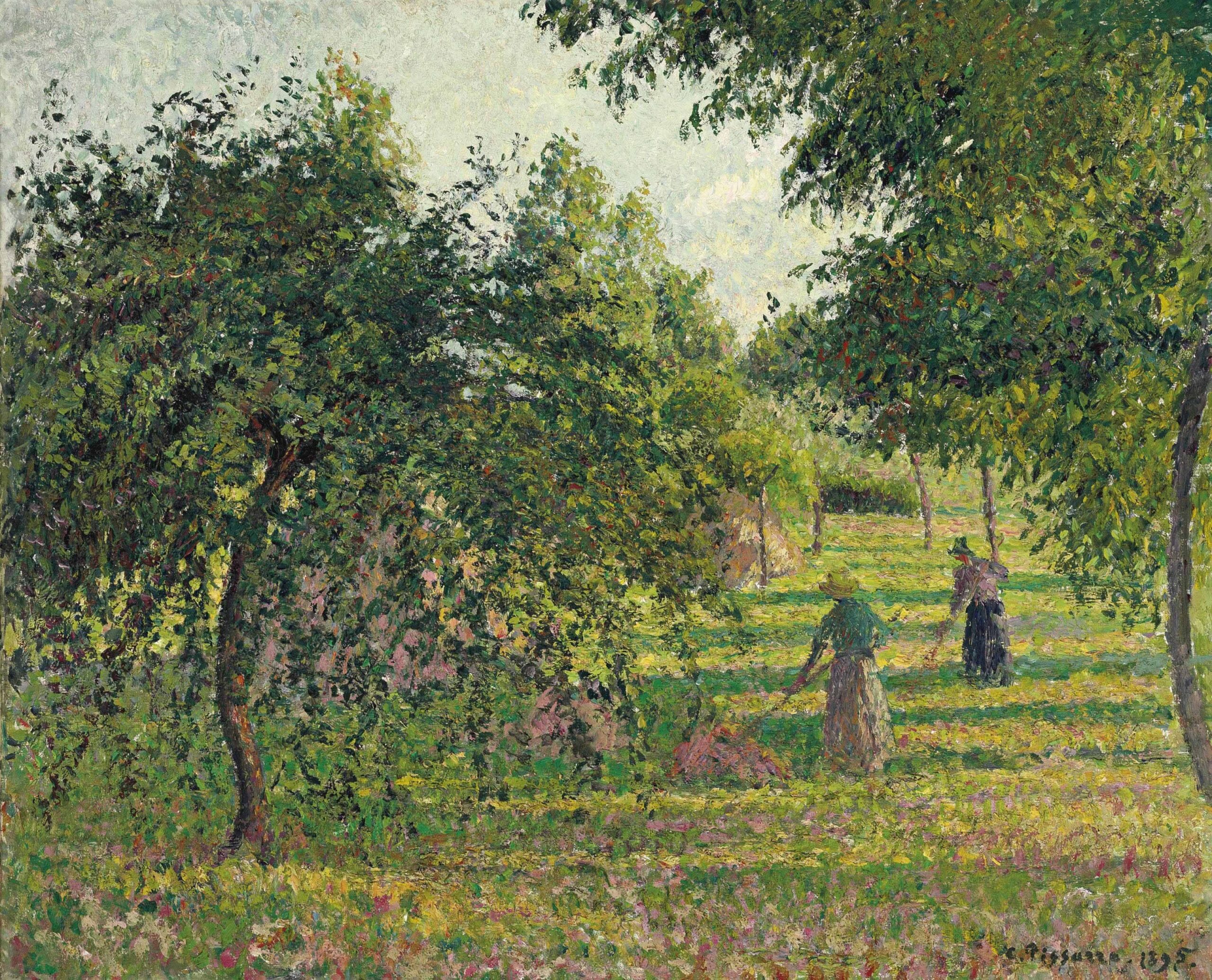“Jesus therefore, when He had taken the vinegar, said: ‘It is consummated.’ And bowing His head, He gave up His spirit.” —John 19:30
This pronouncement, “It is consummated,” appears, at first glance, to be extremely small and simple. As to its exterior aspect and syntactic structure, it is as rudimentary as can possibly be imagined. As to its significance, it seems very straightforward. Yet it contains an immense and unfathomable magnitude of mystical meaning, and is replete with very profound and transcendent mysteries. Therefore, it invites us to the most attentive and careful meditation and reflection.
Since it describes a consummation or completion, it is fitting that the words themselves should be very
brief and simple. For “to consummate” something is to bring it to its conclusion or end point, to unite all
multiplicities, and to resolve all complexities. Thus it was that in the perfect and life-giving sacrifice of
the Son of God, all the many ancient sacrifices and rites of Old Covenant are brought to their single
completion. This consummation encompasses and perfects all the deeds of the patriarchs, all the
offerings of the Law, all the oracles of the prophets, and all the mystical secrets of the Scriptures.
In the cross is the definitive resolution and completion of all that had been shown in figures and
shadows in days of the past. And in the one saving death of Christ is the true completion and perfection
of all other deaths; in His holy and noble sufferings is the meaning and epitome of all other human
sufferings to be found. Thus it is true to say that His sufferings exceeded all other sufferings ever
endured; and that they exceed, too, the sum total of all other sufferings which shall ever be endured in
this pain-filled and woebegone universe.
The reasons for this are manifold. First, the sufferings of Christ were greater in duration than any others,
since they lasted not only during the time of the crucifixion itself, but were felt by Christ from the
moment of His conception (and even, in a sense, for all eternity). By means of His perfect foreknowledge
of all things, the sufferings of Christ were always experienced by Him in prescient anticipation. Second,
the pains endured by Jesus were greater by virtue of their universality, because they encompassed and
contained all other pains which had ever arisen from, and will ever arise from, the sinful and fallen
condition of humanity.
Third, Christ’s sufferings were greater because of the superior nobility, intelligence, and vitality of the
One who bore them. For the more noble and infused with life and intelligence a being is, the more
sensitive it is to suffering. Thus a lifeless object (such as a stone) experiences less pain than any creature
which possesses vitality; and the more vitality a creature possesses, the more it is aware of injuries done
to itself. Similarly, more noble and more intelligent beings (whether humans or animals) are more
susceptible to pain and sorrow than inferior creatures. Since Jesus was incomparably more noble,
intelligent, and vital than any other being or entity, His sensitivity to pain was correspondingly greater.
This article is taken from a chapter in The Seven Last Words of Christ by St. Bonaventure and Arnold of Bonneval, which is available from TAN Books.









